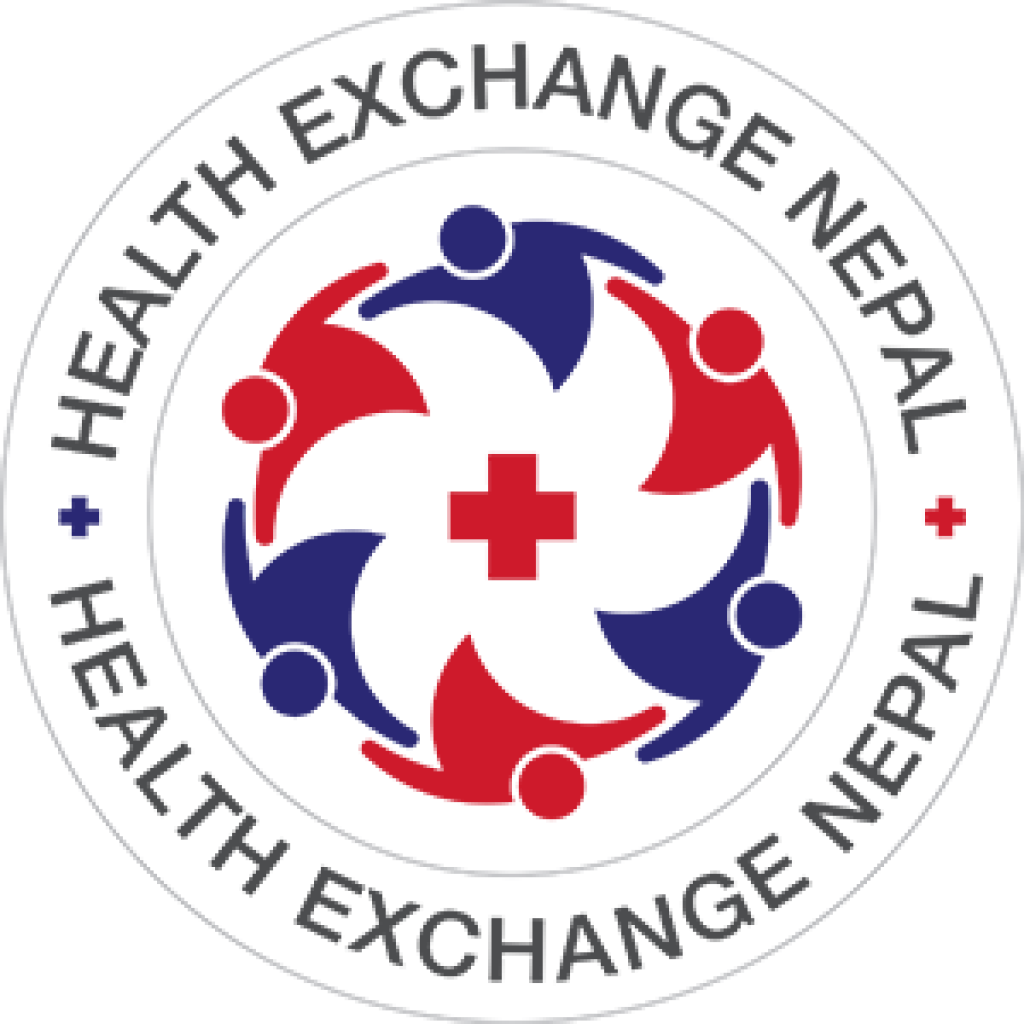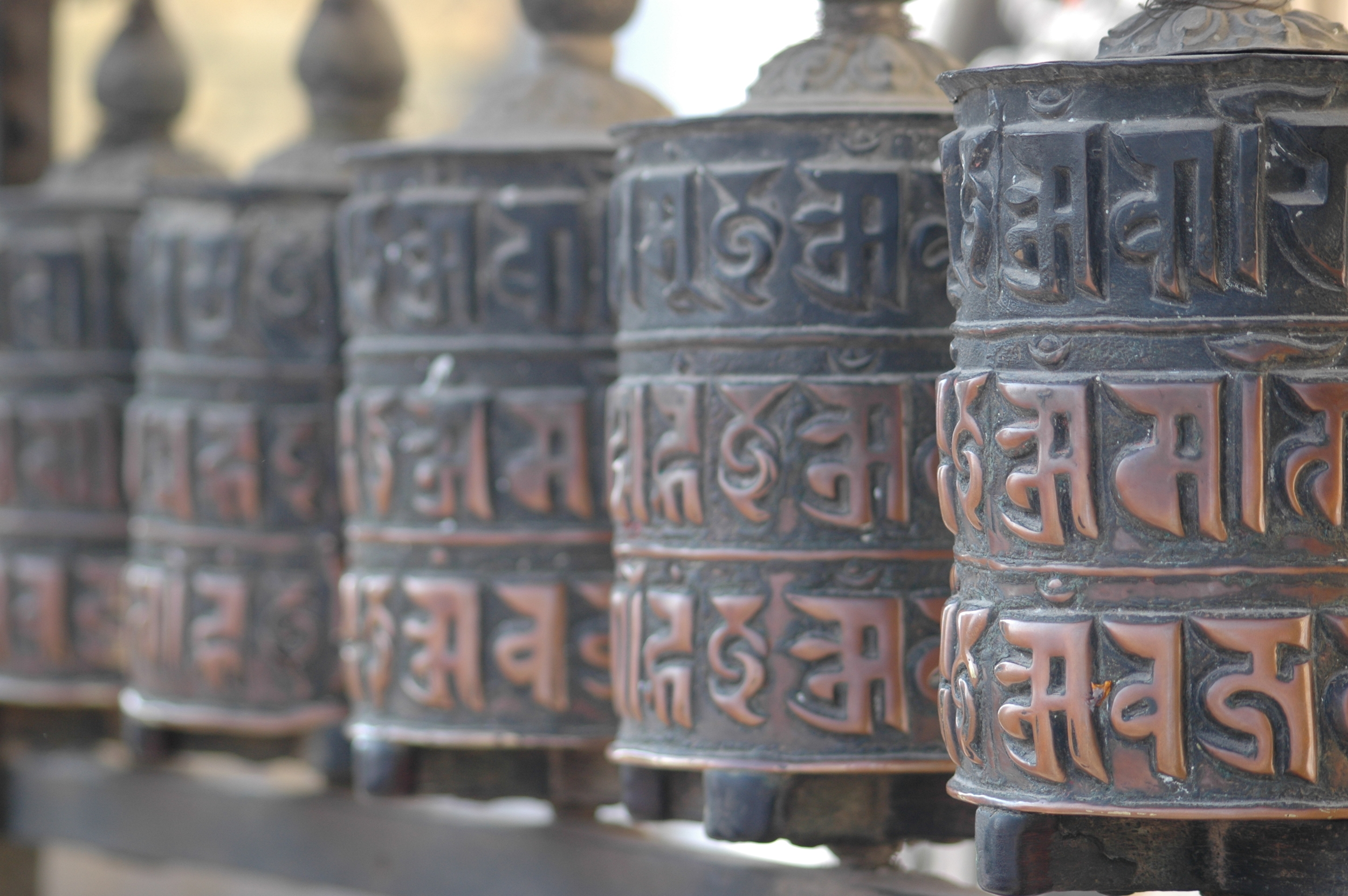Sandesh and Bhagteshwar take on the ABC Challenge - Pre Trek
/On 12 March 2016, HExN committee member Sandesh Acharya and his friend Bhagteshwar reached Annapurna Base Camp (4130m), raising a fantastic amount of money for the charity in the process.
Not only did they take on the challenge of carrying the backpack (about 13-15 kg) themselves without a porter, but they also completed the trek in nine days; a feat normally achieved in twelve days with a porter!
Sandesh documented his progress every day of the trek and we are delighted that he has shared his experiences with us in this series of inspiring blog posts.
And so the story begins...
Following four months of training at various peaks in the UK, it was finally time to embark on the trek to Annapurna Base Camp.
Prior to leaving the UK, I did a final check of my kit and decided to weigh what I would be carrying for nine days of trekking in the Himalayas. The total weight of 16.2 kg (18.2 kg including two litres of water) was a few kilos more than what I was hoping to take (and what I had trained with), but I decided that everything was absolutely necessary. Being a medic, I probably did take more first aid and medications than I needed!
After arriving in Kathmandu with my friend Bhagteshwar Singh at 6pm, we met our guide Kumar, and left for Pokhara the following morning at 5am. Needless to say, our body clocks were a bit frazzled. After a seven hour bus ride, we arrived in Pokhara and opted for an early night… but only after a final pre trek meal of momo.








